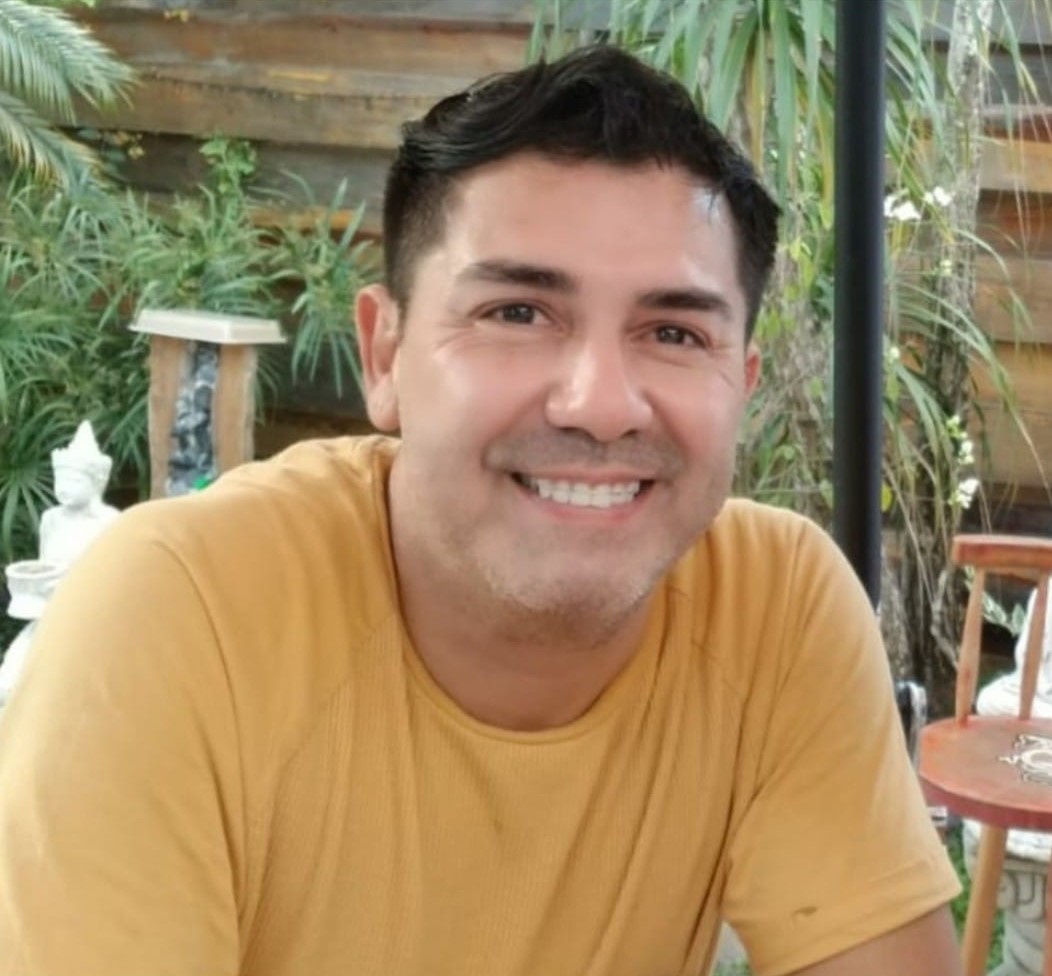
Alex P. Vega, Human & Health Development Consultant
Alex Vega holds a bachelor’s and a master’s degree in Social Work with a concentration in Family-Centered Practice (Clinical Track) from New Mexico State University. He has postgraduate studies in Social Work at Virginia Commonwealth University with a research concentration in HIV prevention among minority groups. For the past 19 years, he has collaborated with UN organizations and other regional institutions in capacity development initiatives in human sexuality, gender and development, sexual health education and standards of patient care geared to prevent HIV infection and Gender Based Violence (GBV). In his work, he applies diverse learning methodologies nurturing self-awareness, self-knowledge, emotional intelligence, and reflexive thinking. By engaging participants and stakeholders in critical reflexive practice and introspection, this approach contributes to building capacity to develop collaborative and responsive development practitioners.
Alex considers himself a nomad interested in living in different parts of the world in order to explore places, cultures, and food. As such, one of his great passions in life is world travel and immersion in foreign cultures. In his spare time, he enjoys gardening, reading, walking, jogging, biking, watching movies, and engaging in wellness activities.


